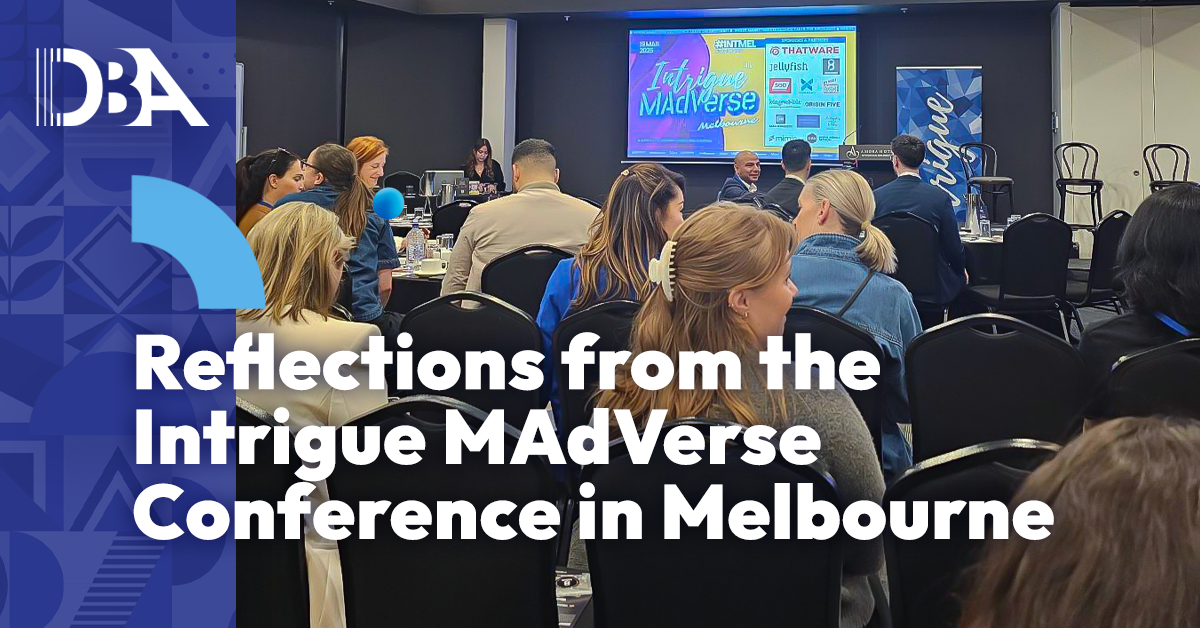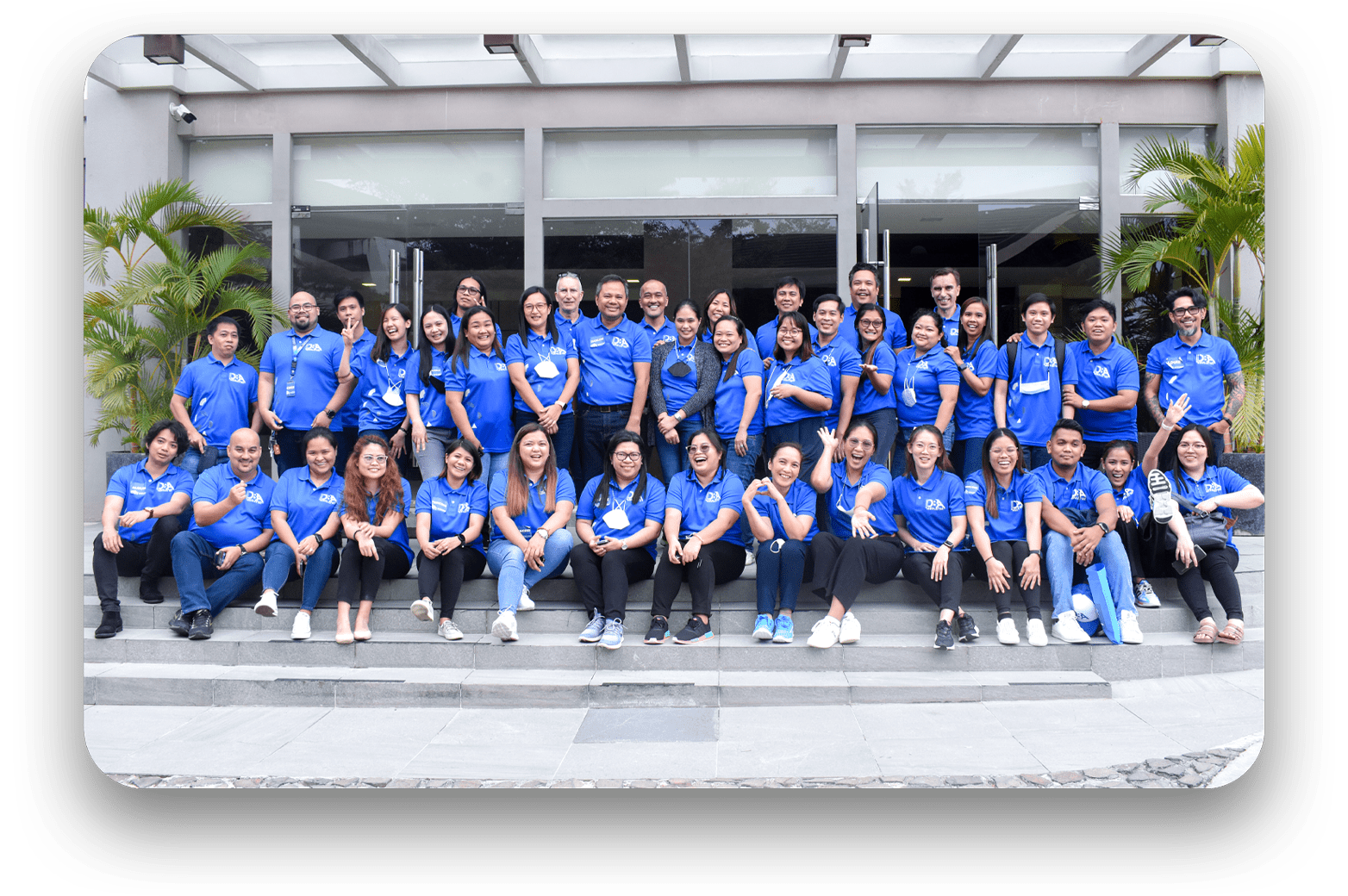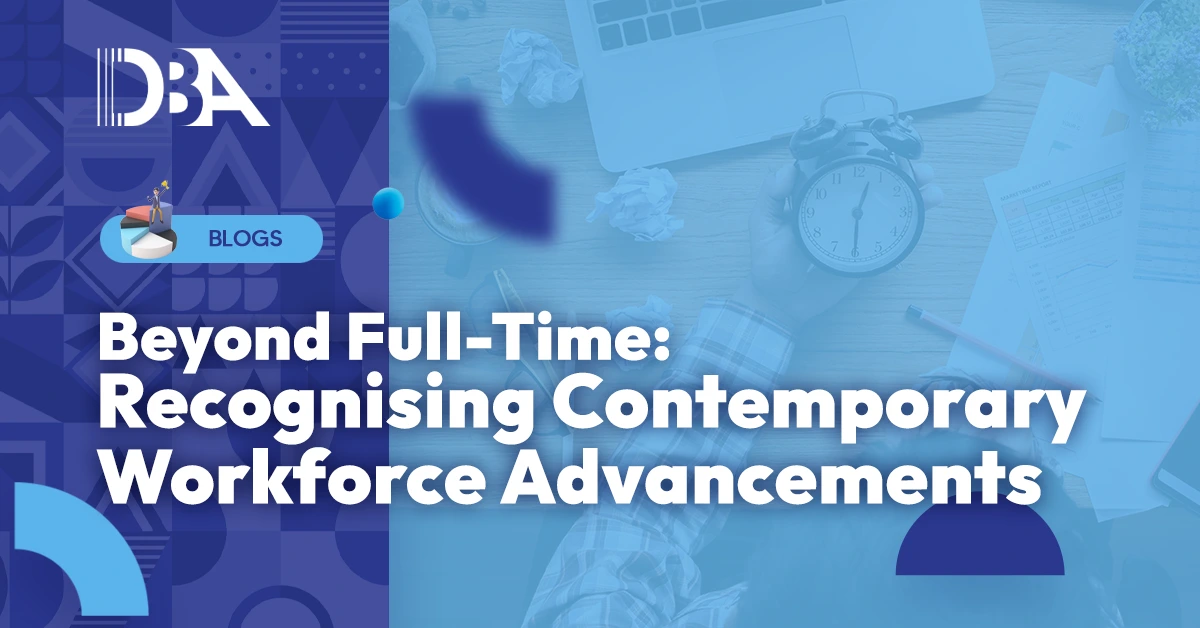Prioritising Workplace DEI Initiatives: 7 Ways to Drive Change

Fostering diversity, equity, and inclusion (DEI) in the workplace has become a strategic advantage for most businesses.
Prioritising workplace DEI initiatives offers many lasting benefits that extend far beyond surface-level representation. From promoting innovation and creativity to improving employee morale and productivity, the impact of DEI initiatives resonates throughout an organisation. Thus, leading to sustainable growth and success.
A diverse workforce is a melting pot of people with unique skills, experiences, and perspectives. It drives change and better decision-making. However, achieving true workplace DEI is not just about ticking boxes or meeting quotas.
It requires a comprehensive and sustained effort to create a culture where everyone feels valued, respected, and empowered. Indeed, prioritising workplace DEI initiatives is the right thing to do ethically. Moreover, it leads to a stronger, more resilient, and proactive organisation in the long run.
Understanding DEI
Foremost, diversity encompasses the visible and invisible differences among individuals. This includes race, ethnicity, gender, sexual orientation, age, disability, socioeconomic status, and more. On the other hand, equity involves ensuring fair treatment, access, opportunity, and advancement for all individuals. Meanwhile, inclusion is about creating a sense of belonging where every person feels valued and respected.
Together, these three elements work to dismantle systems of oppression and create spaces where everyone can thrive. By recognising and celebrating the unique experiences and perspectives of everyone, organisations and communities can foster a culture of understanding and collaboration. Ultimately, the goal is to build a society where everyone has an equal chance to succeed, regardless of their background or identity.
Tracing back to the 1960s, the Diversity, Equity, and Inclusion (DEI) movement began due to societal and legal changes aimed to reshape the corporate world. This movement sought to address the lack of representation and opportunities for marginalised groups in the workforce. Over the decades, the movement has evolved to encompass a broader range of identities and issues. Today, many companies have DEI initiatives in place to promote a more inclusive and equitable workplace for all employees.

The Business Case for Prioritising Workplace DEI Initiatives
In today’s business landscape, companies are increasingly adopting environmental, social, and governance (ESG) policies, which include DEI. These policies are designed to highlight an organisation’s commitment towards addressing social issues. Moreover, such policies demonstrate the companies’ level of social responsibility.
Beyond its ethical considerations, workplace DEI offers numerous tangible benefits for organisations. It consistently shows that diverse teams outperform homogeneous ones. Thus, leading to better financial performance, increased innovation, and enhanced problem-solving abilities.
Diverse and inclusive workplaces also attract top talent and enhance employee engagement and retention. Hence, in today’s competitive landscape, organisations that prioritise DEI gain a distinct advantage in recruiting, retaining, and engaging talent. Moreover, they improve customer satisfaction and brand reputation and drive business growth and sustainability.
7 Strategies for Prioritising Workplace DEI Initiatives
Embracing DEI is a smart business decision, as it creates a more inclusive and welcoming work environment. In addition, it also helps companies attract and retain a workforce from diverse backgrounds. Here are 7 strategies for how businesses can drive change through DEI initiatives:
Organisations that prioritise DEI gain a distinct advantage in recruiting, retaining, and engaging talent, whilst driving business growth and sustainability.
1. Build Leadership Commitment
One of the most crucial factors in driving successful DEI initiatives is strong leadership commitment. Leaders must not only vocalise support for diversity, equity, and inclusion, but also demonstrate it through their actions and decision-making.
When leaders prioritise DEI, it sends a powerful message throughout the organisation, signaling that diversity is valued and integral to the company’s culture and success. Leaders can lead by example by participating in DEI training, fostering open dialogue, and holding themselves and others accountable for promoting inclusivity.
2. Practice Inclusive Recruitment and Hiring Practices
Building a diverse and inclusive workforce begins with recruiting and hiring practices that prioritise equity and fairness. Moreover, organisations should examine their recruitment processes to identify and eliminate barriers that may prevent underrepresented candidates from applying or advancing in the hiring process. This may involve implementing blind resume screening, diverse interview panels, and inclusive job descriptions that appeal to a wide range of candidates.
3. Establish Inclusive Policies and Practices
Reviewing and revising organisational policies and practices to ensure they promote diversity, equity, and inclusion is also crucial. This may include implementing flexible work arrangements to accommodate diverse needs, establishing clear pathways for advancement and development for all employees, and offering comprehensive diversity and inclusion training programs for staff at all levels.

4. Promote Employee Engagement
Driving change in DEI initiatives requires active involvement and engagement from employees at all levels of the organisation. Employees should feel empowered to contribute their ideas, experiences, and perspectives to help shape DEI strategies and initiatives.
Furthermore, creating opportunities for open dialogue, feedback, and collaboration can foster a sense of ownership and belonging among employees, driving greater commitment to DEI goals. Employee resource groups, diversity councils, and mentorship programs are examples of initiatives that can facilitate employee engagement and participation in DEI efforts.
5. Be Accountable
To ensure the effectiveness of DEI initiatives, organisations must establish clear accountability mechanisms and regularly evaluate progress towards goals. This may involve appointing dedicated DEI officers or committees responsible for overseeing DEI efforts, setting benchmarks, and reporting outcomes to senior leadership and stakeholders.
By holding themselves accountable for diversity, equity, and inclusion outcomes, organisations can demonstrate their commitment to driving meaningful change and fostering a culture of accountability and transparency.
6. Encourage Continuous Improvement
DEI initiatives are not static but require ongoing evaluation, adaptation, and improvement to remain effective in a rapidly evolving landscape. Organisations should regularly solicit feedback from employees, stakeholders, and external experts to identify areas for improvement and innovation.
Additionally, organisations can benchmark their DEI efforts against industry peers and best practices to stay informed of emerging trends and strategies. By embracing a mindset of continuous improvement, organisations can remain agile and responsive to the evolving needs and expectations of their workforce and community.
7. Create a Culture of Belonging
The goal of workplace DEI is to create a culture that values, respects, and empowers individuals to contribute their best work. This involves fostering open communication, encouraging diverse perspectives, celebrating differences, and addressing instances of discrimination or bias promptly and transparently.

The goal of workplace DEI is to create a culture that values, respects, and empowers individuals to contribute their best work.
Overcoming Challenges and Resistance
Despite the compelling business case for workplace DEI, organisations may encounter challenges and resistance along the way. Common barriers include entrenched biases, lack of awareness or understanding, fear of change, and resistance from individuals who perceive DEI initiatives as a threat to their status or privilege. Overcoming these challenges requires a concerted effort to foster dialogue, build empathy, and create buy-in from stakeholders at all levels of the organisation.
DBA is Where You Belong
Championing workplace diversity, equity, and inclusion is a strategic imperative for organisations looking to thrive in today’s diverse and rapidly evolving world.
By embracing DEI as a core value and integrating it into every aspect of the organisation, businesses can tap the full potential of their workforce, drive innovation and creativity, and position themselves as employers of choice.
At DBA, we foster a culture of belonging where everyone feels valued and empowered. We believe that by embracing diversity, equity, and inclusion, we can create a more dynamic and productive work environment where different perspectives and backgrounds are celebrated.
Prioritising workplace DEI initiatives allows our people and our clients to thrive and succeed. This commitment not only nurtures our people but also enhances our ability to understand and connect with a wide range of clients and customers.
Here are the functions SMBs often outsource.
Here are the functions SMBs often outsource.

Gillian Delos Reyes, MBA, LCB, DMP

Gillian Delos Reyes, MBA, LCB, DMP
Share


DBA’s Global Head of Sales and Marketing, Jason Ryan recently attended the Intrigue MAdVerse Conference in Melbourne, where key insights around the evolving concept of “value” were shared. His takeaway: value is not just a concept—it’s an experience that is deeply human. At DBA, we are committed to embracing innovation while staying rooted in empathy, creativity, and connection to build a future where technology and humanity thrive together. Read more of his insight here!

Jason Ryan CFP, DBA’s Global Head of Sales and Marketing, attended the Symphony Conference in February, hosted by Fin365, Principals Community, and Netwealth. The event brought together industry leaders and professionals to discuss the latest trends and strategies in the financial services sector.






© 2024 DBA. All Rights Reserved.




